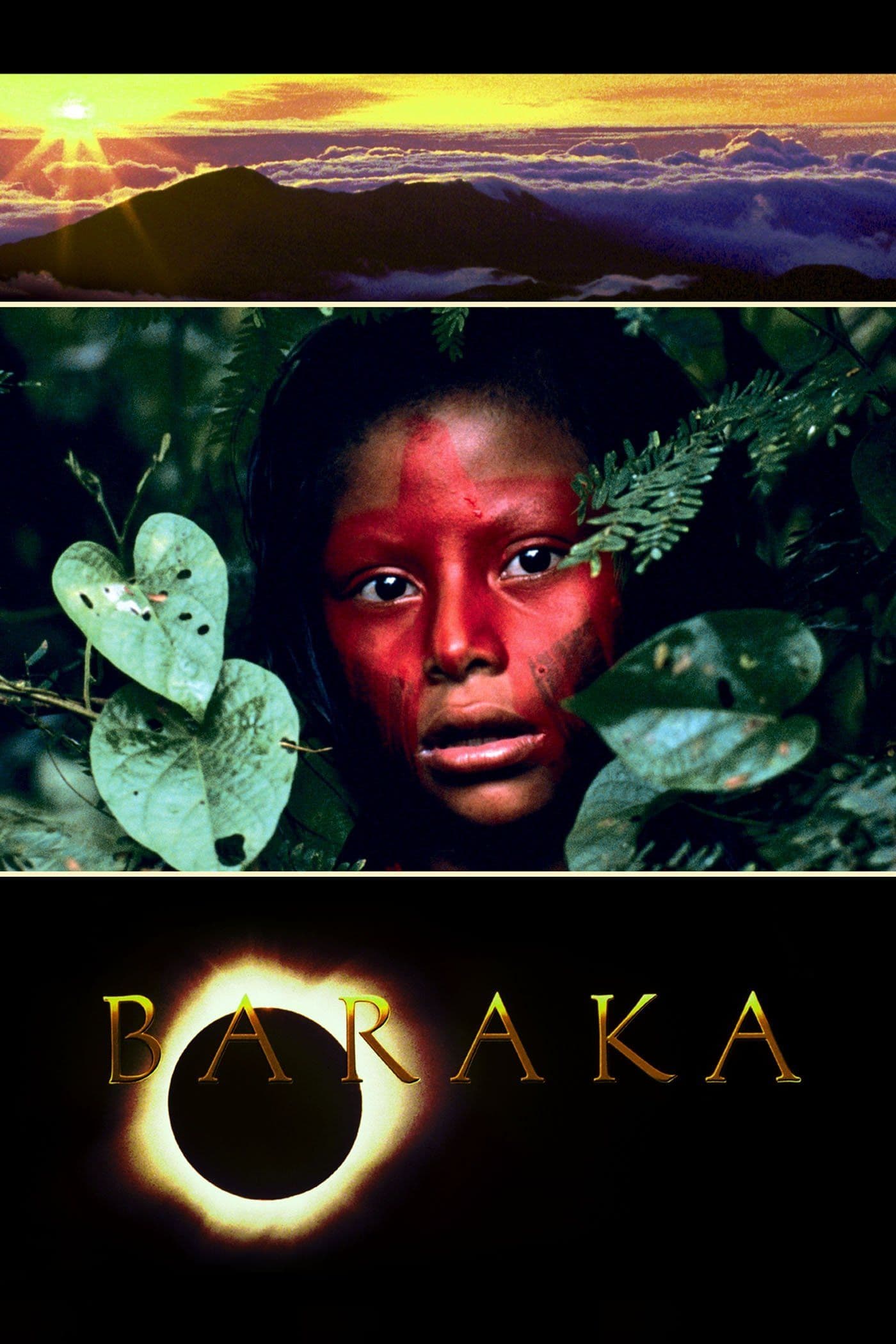
Baraka
1992
Rate this movie
Average: 0.00 / 5
(0 votes)
Director
An ancestral journey through faces and places.
Baraka is a hypnotic flow of images that plumb our small planet, yielding an overall picture of dazzling beauty. It is not a documentary in the conventional sense of the term, but rather a pure sensory experience, a visual symphony that transcends linguistic and cultural barriers, speaking directly to the soul with the evocative power of cinema in its most elemental yet most complex form. The use of the 70mm format, a bold technical choice for its time and an act of faith in visual opulence, is not mere virtuosity but a statement of intent: it allows Fricke to capture infinitesimal details and immense panoramas with a clarity and depth that transcend simple reproduction, transforming every shot into a living painting. This technical mastery elevates the film to an almost mystical level, making every frame a window wide open to the infinite.
Baraka is also an ethnographic treatise through icons, a document on the diversification of the human race, on its attitudes, on its primordial spiritual impulses. Its strength lies precisely in this ability to grasp the universal in the particular, the divine in the profane, the sublime in disharmony. It is neither a didactic film nor a moralizing pamphlet, but rather a kaleidoscope of existences that coexist and collide, revealing the contradictions inherent in our species: the search for transcendence in an increasingly immanent world, the coexistence of innate spirituality with rampant materiality. This non-judgmental gaze, which seamlessly juxtaposes greatness and misery, devotion and desolation, is what gives the film its profound philosophical resonance.
An analysis of the natural environment that humanity modifies, distorts, and incorporates into its frantic activities. The contrast between the ancestral silence of rainforests and the deafening roar of assembly lines, between the enchantment of a desert sunset and the scars inflicted by industrial progress, becomes a silent yet deafening reflection on the Anthropocene, on the indelible footprint we leave on the face of the planet. The time-lapse footage of pulsating metropolises, with their rivers of cars and human ants, is not merely a display of cinematographic technique, but a dizzying meditation on the dizzying speed at which modern life has accelerated, and on the often invisible cost of this acceleration.
Baraka is a vision of the cyclical nature of life: from the most dazzling purity of unspoiled lands to the fierce industrialization wrought by humankind. This dichotomy, far from being a simple opposition, reveals itself as a perpetual dance between creation and destruction, between birth and decline, which is intrinsic to existence itself. If the pioneering Koyaanisqatsi (for which Fricke was the cinematographer) had already paved the way for non-narrative cinema, exploring the disarray and balance of life on Earth with an almost prophetic sense of alarm, Baraka expands its lexicon, taking it to a global scale and imbuing it with an almost liturgical dimension, a visual pilgrimage through the various manifestations of the human spirit and its relationship with the cosmos.
Thanks to Michael Stearns' soundtrack, which collects ethnic music of various origins, yielding atmospheres of polished spirituality, Ron Fricke's vision unfolds through rites and liturgies where the sacredness of Nature flashes, the last moment of devout contemplation before the split between flesh and soul. The music is not a mere accompaniment, but a connective tissue that links the disparate images, serving as an emotional and spiritual compass. It amplifies the power of ritual, be it a Sufi dance, an Aboriginal ceremony, or the morning prayer of a Tibetan monk, revealing the universal human thirst for connection with the transcendent. The narration, if narration one can call it, is entirely entrusted to the power of images and sound, which merge into a synesthetic experience that overwhelms the viewer, inviting them to a deep contemplation rather than a rational understanding.
Thus, Masai dances, Aboriginal face painting rituals, Tibetan liturgies alternate on screen with images of poverty from favelas, shantytowns, refugee camps. And then the teeming metropolises with their human ants, with their inexhaustible flow of life. And again, erupting volcanoes, ever-changing skies, pristine islands. The juxtaposition of these heterogeneous realities is neither random nor arbitrary; it is a thoughtful construct that invites reflection on the human condition in its totality, showcasing resilience and fragility, beauty and brutality, devotion and despair. It is an ode to interconnection, an affirmation that, beyond superficial differences, an invisible thread links all forms of life and all human experiences.
Baraka is an inexhaustible anthropological treatise built on visions stemming from the icastic ecstasy of observing the World. It doesn't merely show, but makes one feel, vibrate with the planet's breath. It is a cinema that defies linear logic, that evades genre categories to present itself as a total work of art, capable of provoking and inspiring, disturbing and pacifying, revealing and concealing. Its universality and timeless message reside in its ability to stimulate a deeper awareness of our place in the universe, pushing us to contemplate the magnificence and vulnerability of our world and our very existence.
A fierce gaze at who, where, and when we are, a silent warning and a resounding celebration of the extraordinary, sometimes terrifying, adventure that is being human on this small and fragile blue sphere.
Main Actors
Genres
Country
Gallery
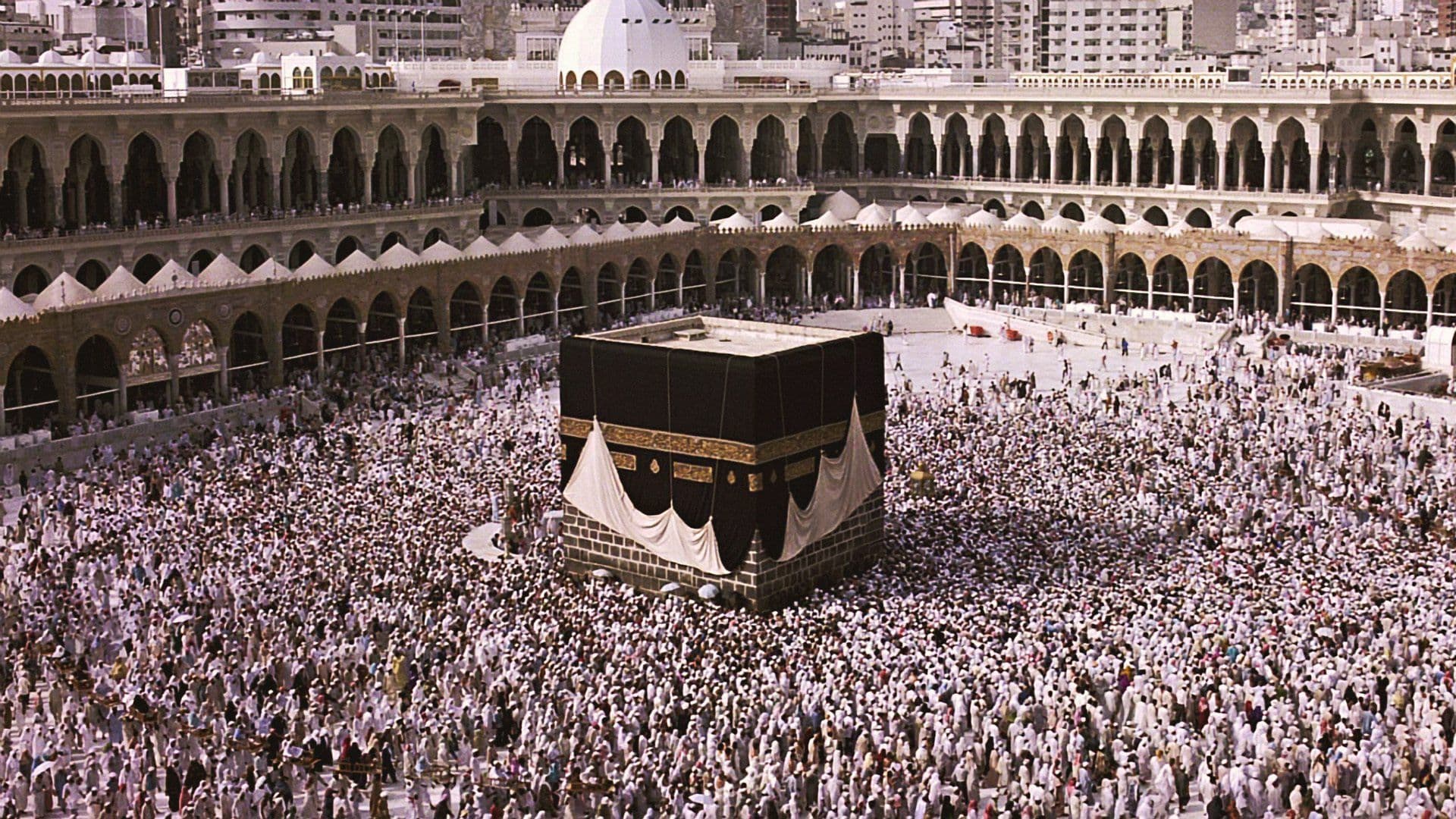

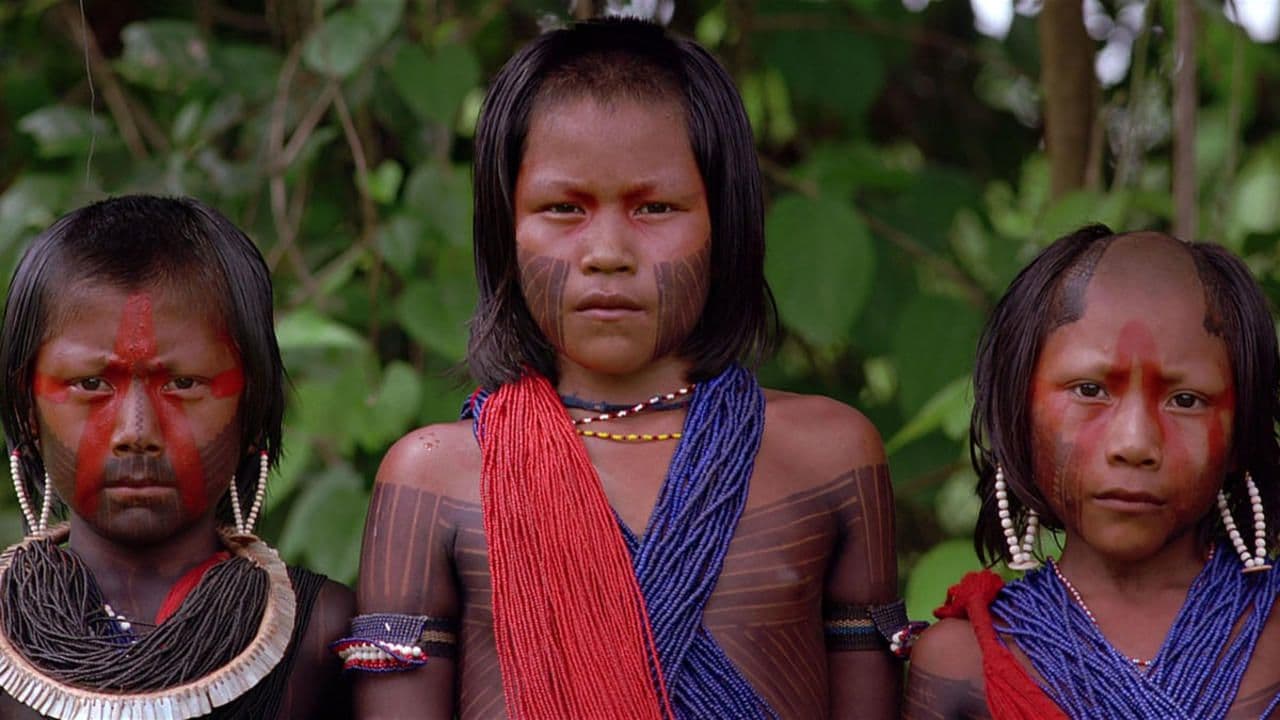

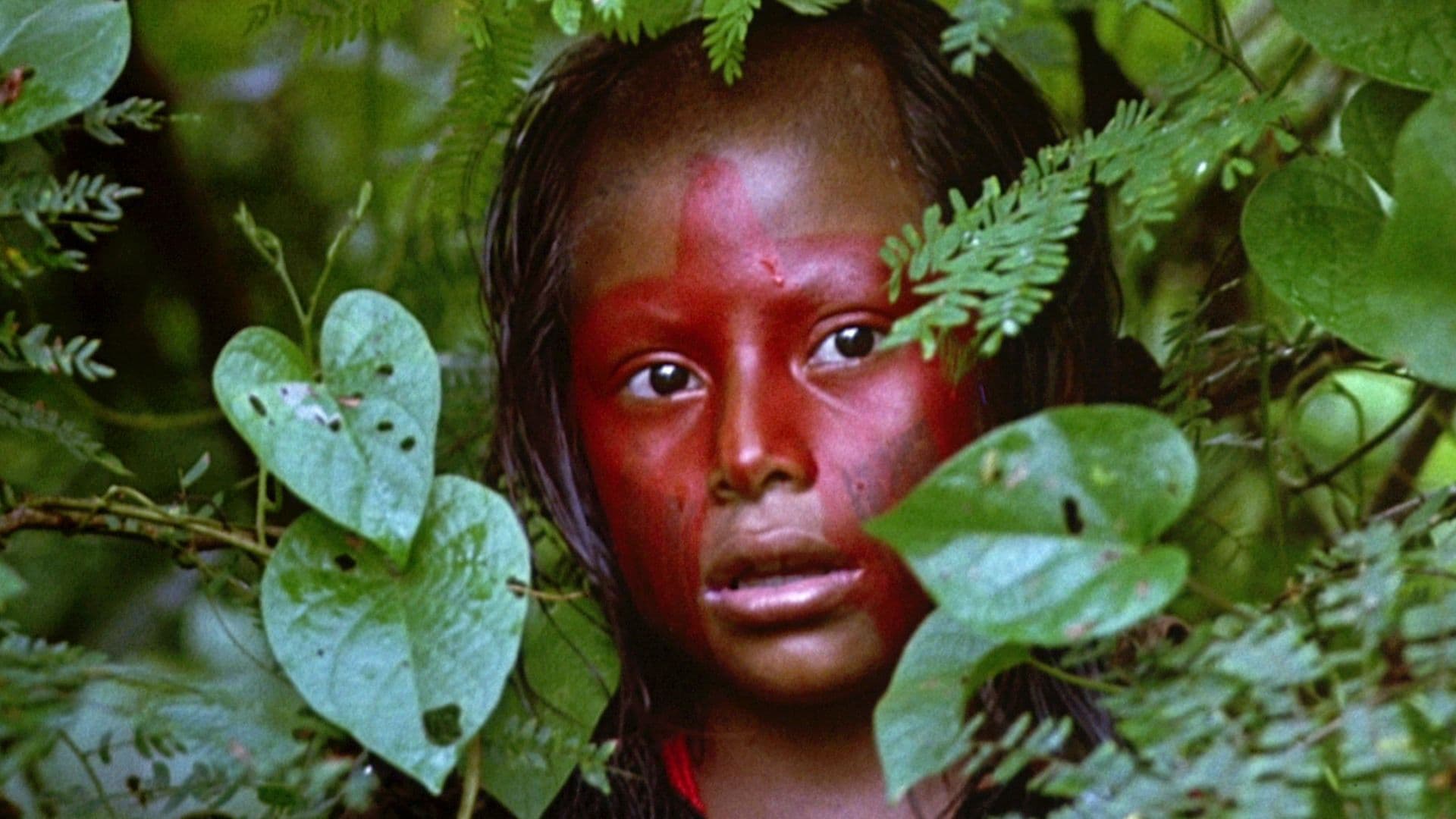
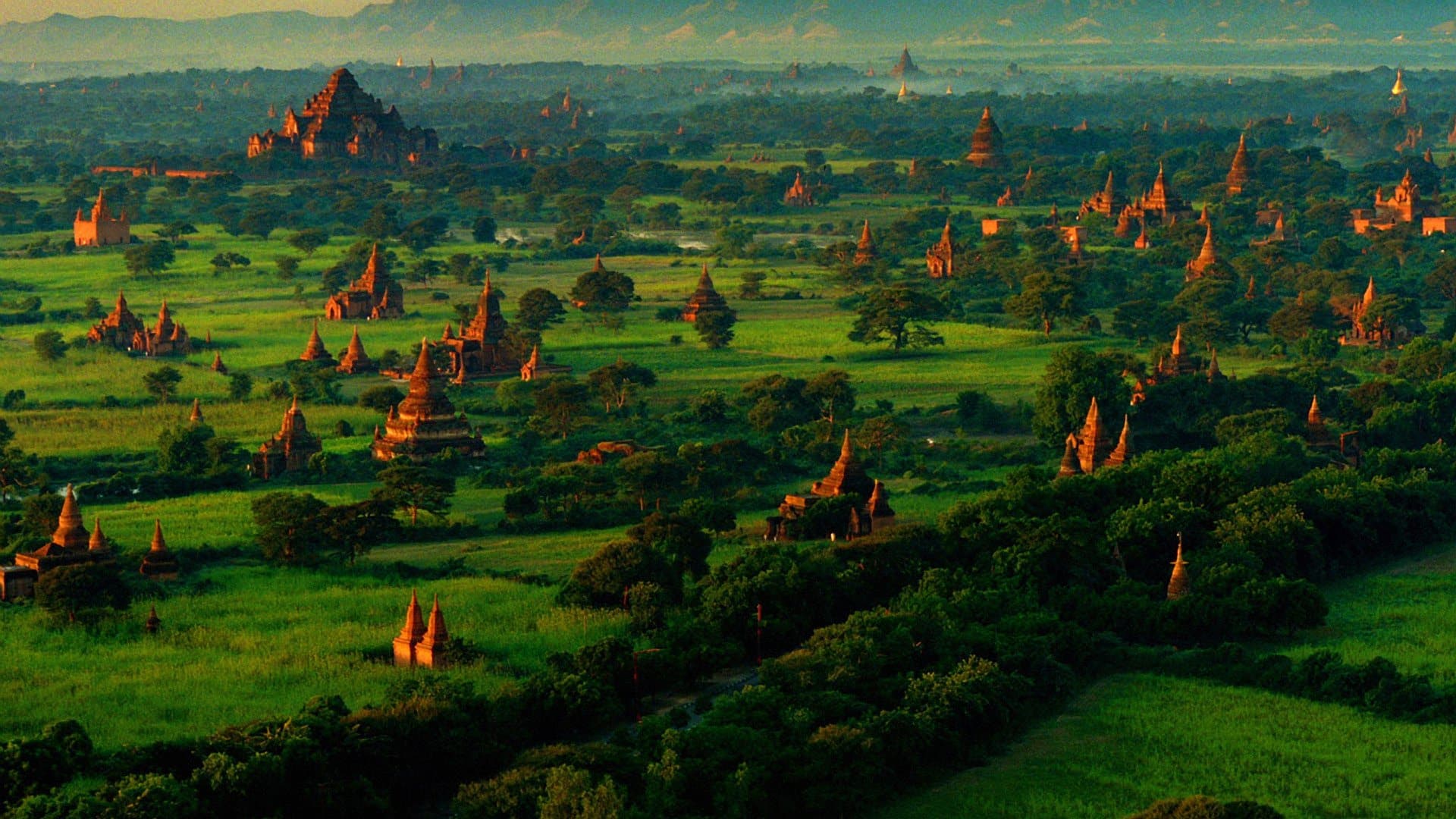
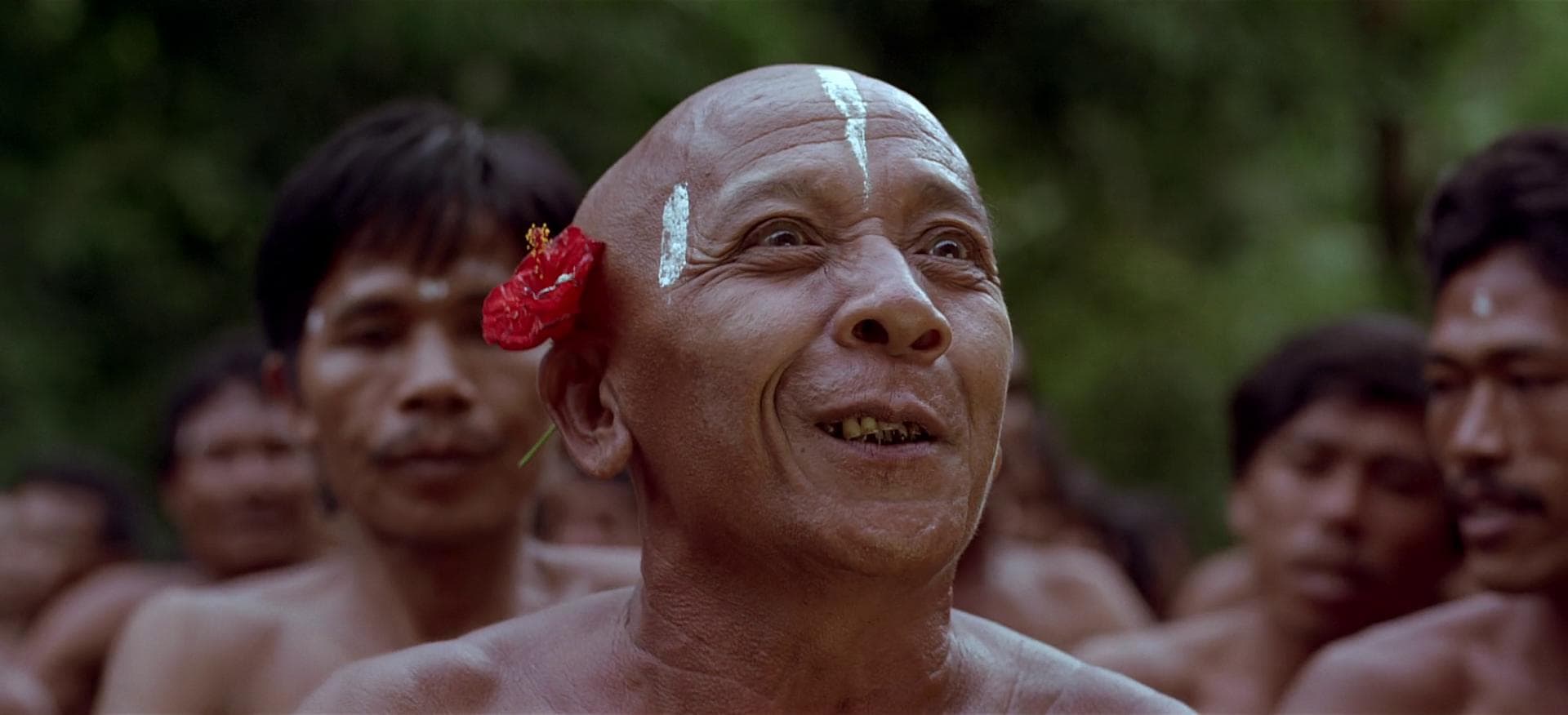
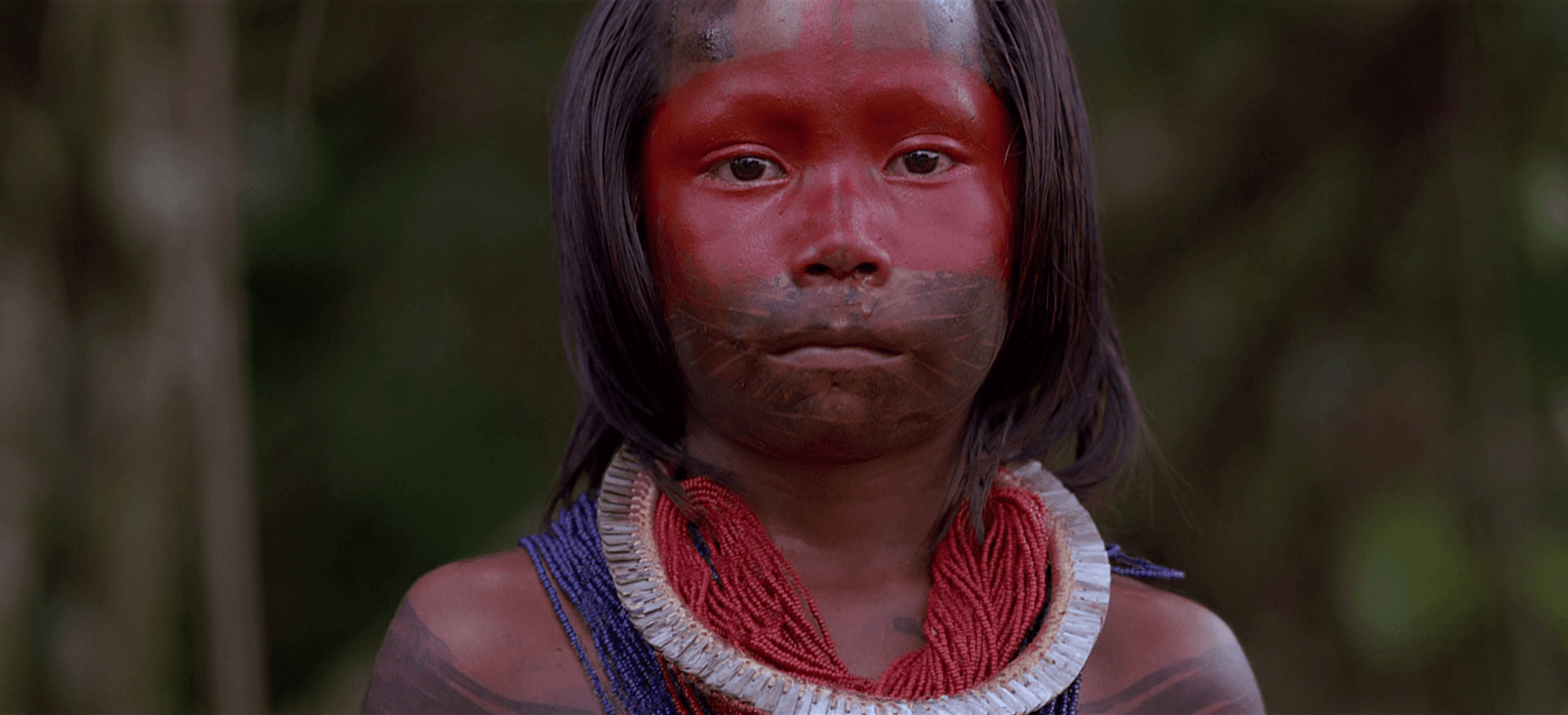
Featured Videos
Official Trailer
Comments
Loading comments...